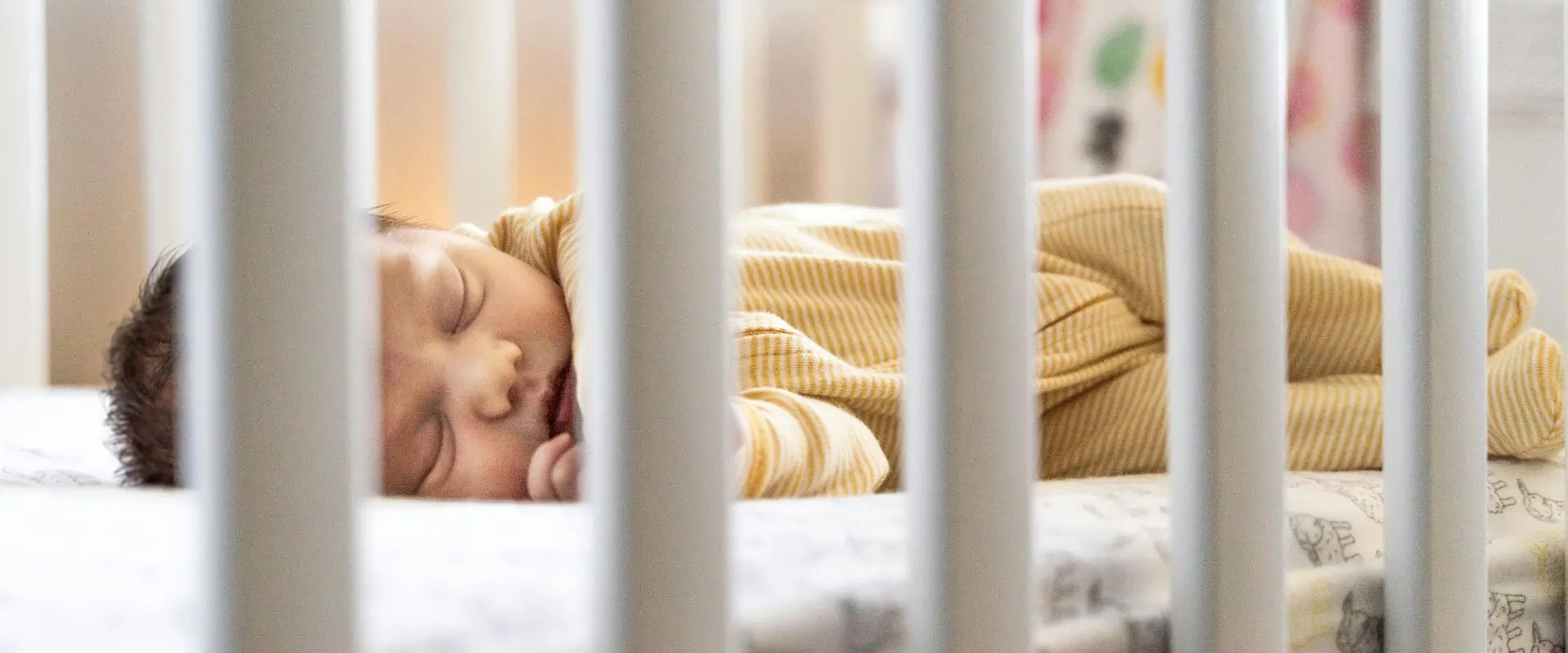Understanding just how much sleep your little one needs can be confusing, especially in those first few years when sleeping patterns are constantly changing. Sleep is vital to a child’s development, both physically and mentally, so whether you’ve just welcomed a newborn baby or have a young child approaching school age, our guide will help break down how much sleep they need and what to expect as they grow.
Newborns (0-3 months) – 14-17 hours
Night and day hold no meaning to newborns, as their internal clocks haven’t developed yet. Essential for brain and body development, sleep for newborns is in short bursts between 2-4 hours around the clock – with frequent waking for feeds.
Infants (4-11 months) – 12-15 hours
Though the likes of teething, short illnesses and growth spurts can cause some disruption, by around the 6-month mark, babies are capable of sleeping through the night. Most infants also tend to take 2-3 naps during the day.
Toddlers (1-2 years) – 11-14 hours
Toddlers tend to sleep throughout the night and need to take 1-2 naps during the day. By this age it’s important to establish consistent bedtime routines.
Preschool (3-5 years) – 10-13 hours
By preschool age, most children will sleep through the night and take just the one nap during the day if not stopped napping entirely. By this age, fears of the dark and nightmares may come in to play so a relaxing bedtime routine can help promote a restful night’s sleep.
School age (6-12 years) – 9-11 hours
Naps are no longer needed by school age and children are likely to get all their sleep at night. It’s important to set and keep to a bedtime routine, even on weekends, as school days, extracurricular clubs and activities and social activities can interfere with sleep patterns.
It’s important to note that these are only the National Sleep Foundation’s recommendations. Every child is different, and some babies and young children may need more sleep than others. As they age and develop, your little one’s routine will fluctuate – it’s not uncommon.
Top Tips for Supporting Healthy Sleep in Young Children
Create and stick to a consistent bedtime routine – Bathing, reading books or short stories, and quiet time can signal it’s time to sleep. Try to keep similar routines for weekends too.
Set a sleep schedule – Try to keep bedtime, and any naps, as close to the same time each day as possible.
Ensure a safe and sound sleep environment – Babies should sleep on their backs in a crib without loose bedding or toys. Try to minimise noise and light too as that may interfere with sleep patterns.
Look out for sleep cues – Yawning, rubbing eyes, and crankiness can signal that a child is ready for rest or in need of more sleep.
Be patient with changes – As young children grow, sleep patterns evolve and it’s normal for them to fluctuate with the amount of sleep they need and the amount of times they require to nap.
If your little one seems to consistently have trouble sleeping, wakes frequently beyond the age of six months, or always seems drowsy or sleepy during waking hours, it may be worth bringing it up with a healthcare professional to rule out any underlying medical issues or sleep disorders.
Our Martex Baby Range
-
Was: £50Now £40
-
From £17.00 £5.10
-
From £32.00 £22.40
-
From £28.00 £19.60
-
From £22.00 £12.10
-
From £15.00 £10.50
-
From £15.00 £9.00
-
From £15.00 £7.50
-
Was: £32Now £22.4













